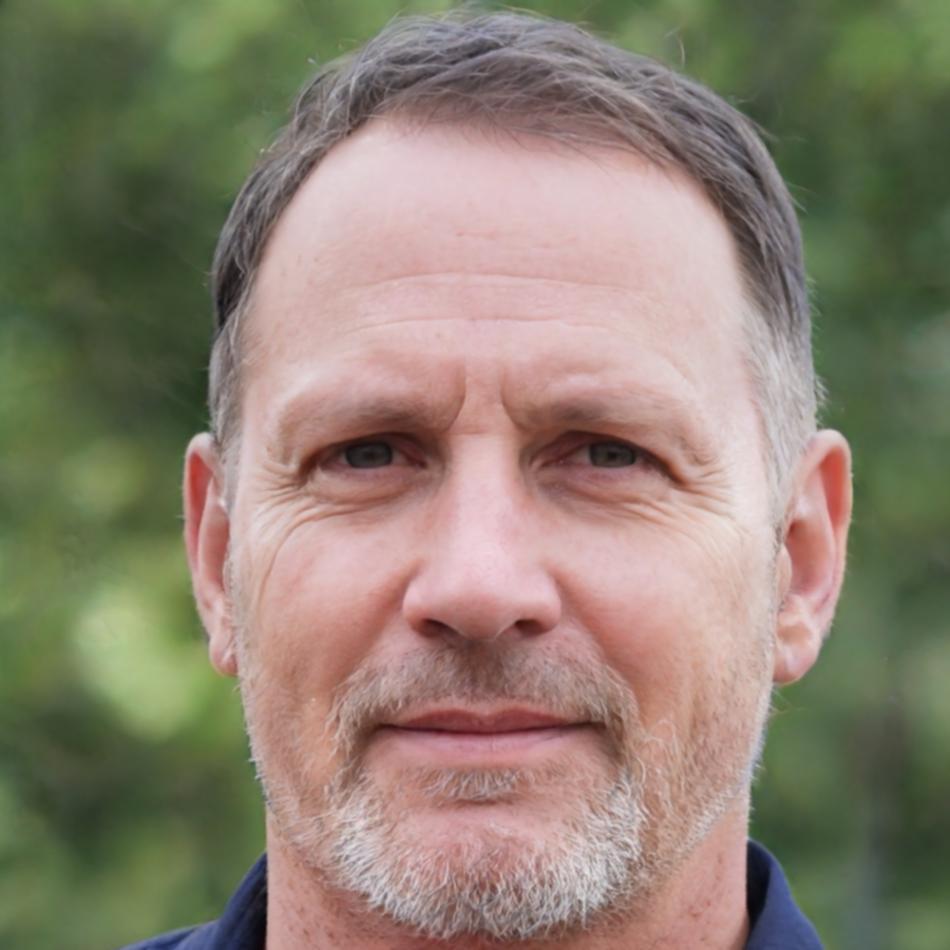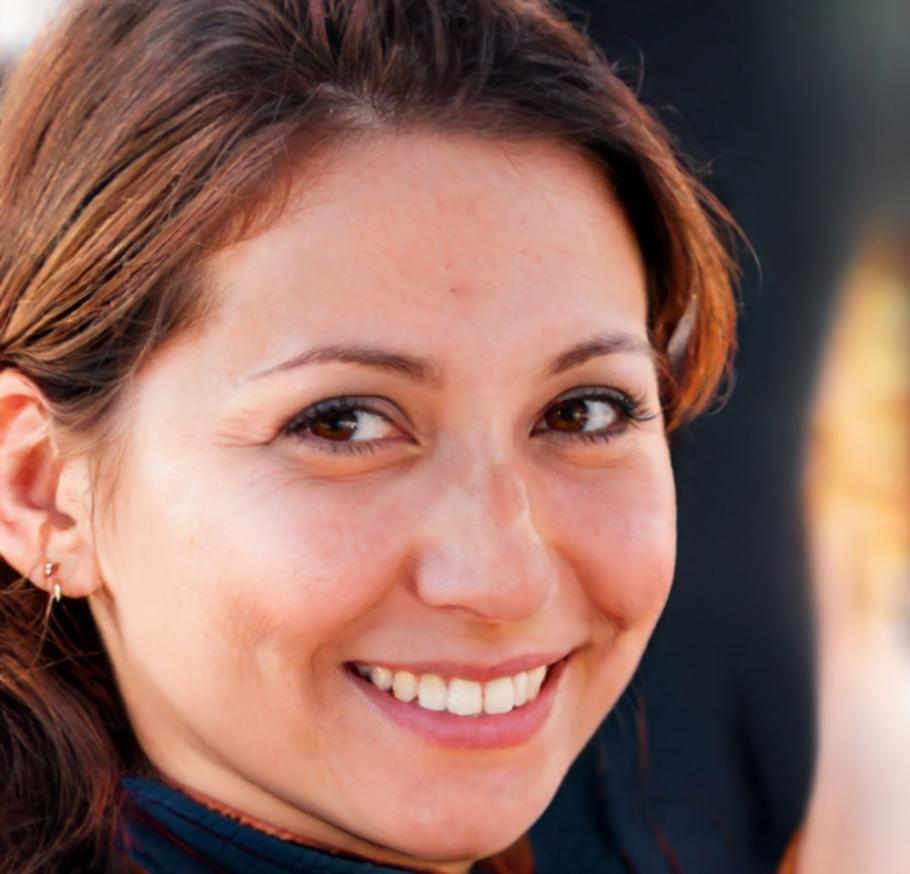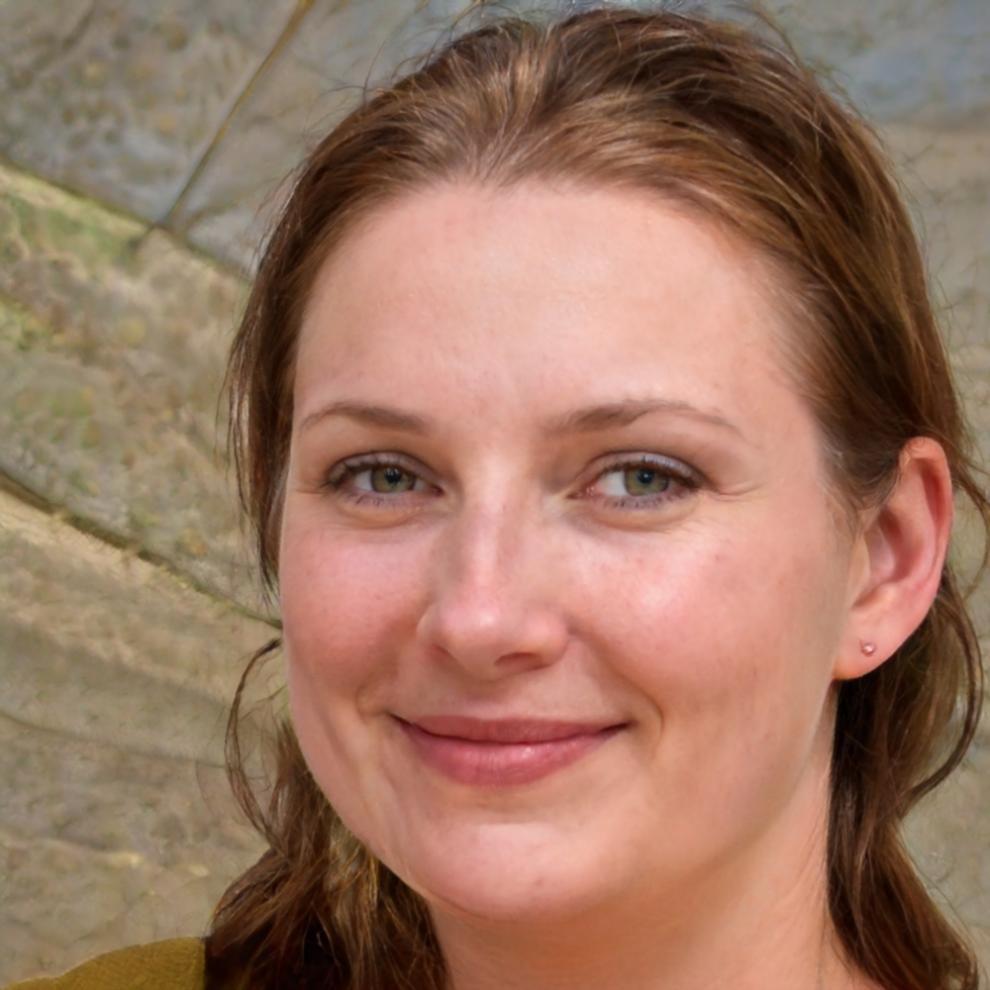
Kieran Bramwell
Budget Systems
Worked in credit counseling for eleven years before teaching. Kieran's modules focus on emergency fund strategies without requiring six-figure salaries.
 auremyntis
auremyntis
We don't promise overnight success. What we offer is structured education that helps you understand cost management from the ground up. Real scenarios. Real challenges. Real skill development that takes time and practice.
Get More Information
You won't spend hours memorizing formulas. Instead, we present situations drawn from Australian households and small businesses — unexpected car repairs, seasonal income fluctuations, competing debt priorities. Each module asks you to make decisions with incomplete information, because that's what real life looks like.
Everyone starts at a different point. Some need basic budgeting structure. Others already track expenses but struggle with long-term planning. Our system adjusts difficulty based on your decisions in early exercises — if you're breezing through Week 2 content, we'll challenge you more in Week 3.
The most valuable feedback often comes from other participants, not instructors. After you submit budget plans or spending analyses, two classmates review your work anonymously. And you review theirs. It's uncomfortable at first, but seeing how others approach the same problem expands your thinking.
We chose educators based on teaching ability, not celebrity status. These four have different backgrounds but share one trait — they explain complex topics without making you feel inadequate.

Budget Systems
Worked in credit counseling for eleven years before teaching. Kieran's modules focus on emergency fund strategies without requiring six-figure salaries.

Debt Management
Former bank analyst who switched careers after seeing too many predatory loan structures. She teaches debt avalanche vs snowball methods with brutal honesty.

Savings Psychology
Behavioral economics researcher who translates academic studies into practical applications. Thea's sessions address why willpower fails and what actually works.

Investment Basics
Runs a micro-advisory practice for clients under 35. She breaks down superannuation, ETFs, and compound interest without industry jargon.
Weeks 1-4 | September - October 2025
We start with money tracking — not budgeting yet, just observation. You'll categorize every purchase for three weeks while learning about cognitive biases that affect spending. Most people discover their mental picture of their habits doesn't match reality.
Weeks 5-10 | October - December 2025
Here you build personalized systems. Zero-based budgeting. Envelope methods. Automated transfers. We present frameworks, you test them, then refine based on what actually fits your life. This phase includes two one-on-one reviews with instructors to troubleshoot friction points.
Weeks 11-16 | December 2025 - January 2026
The final stretch covers irregular income management, tax-efficient saving structures, and cost-benefit analysis for major purchases. We also address how to explain financial boundaries to family without damaging relationships — a topic most courses ignore.
6 Months Post-Completion
After finishing, you get six months of alumni forum access and quarterly check-in sessions. Financial habits take time to solidify. We've found the three-month mark is when people either cement new behaviors or slip back, so continued touchpoints help.